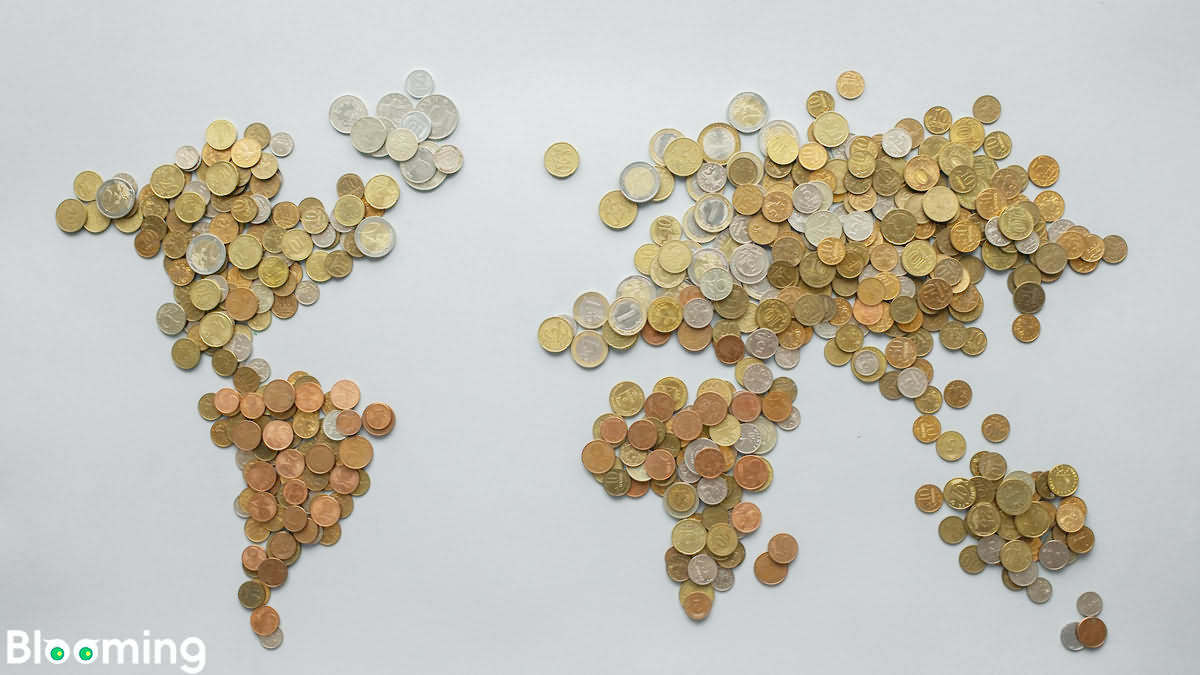Navigating New Trade Realities: Global Economy Shifts Amid Tariff Tensions and Slowbalization
Navigating New Trade Realities: Global Economy Shifts Amid Tariff Tensions and Slowbalization
At the recent "China and the World" forum celebrating the 30th anniversary of the China Europe International Business School (CEIBS), Pascal Lamy, former Director-General of the World Trade Organization and distinguished professor at CEIBS, shared his perspective on the evolving landscape of global trade. Lamy stressed the need for international trade to be governed by established rules rather than a survival-of-the-fittest approach, underscoring the importance of unity among major economies, particularly China and the EU. He argued that they should champion an equal, open trade system to collectively address global challenges.

Lamy described the current state of globalization as "Slowbalization”—a shift from the open trade-focused model of 20–30 years ago toward a model that now prioritizes security and stability, slowing but not reversing globalization. This transformation reflects an increasing awareness of vulnerabilities within global supply chains and trade structures.
Meanwhile, Peter Berezin, Chief Global Strategist at BCA Research, pointed to rising recession risks in the United States since Donald Trump's election victory. Berezin highlighted that the potential for new trade conflicts is overshadowing Trump's pro-business policies, increasing the probability of a U.S. recession from 65% to 75%. His analysis warns that tariffs could discourage corporate investment, cut into real disposable incomes, and impose a double burden on the economy. Citing Yale University's research, Berezin estimated that the Trump tariffs could reduce real disposable income for middle-income American households by as much as $7,600 annually.
The International Monetary Fund (IMF) has echoed concerns regarding Trump's broader economic policies. It forecasts that, due to tariffs and other economic measures—like tightened immigration, extended tax cuts, and increased global borrowing costs—global economic output will drop by 0.8% next year and by 1.3% by 2026.
Krishna Guha, Vice Chairman of Evercore ISI, anticipates that Trump's policies will have varying effects across economies. He projects rising prices and economic growth in the U.S. but expects deflation and reduced output in other regions.
Germany's auto industry is particularly on edge. Hildegard Müller, head of a trade organization representing the struggling sector, expressed concerns that tariffs may force German automakers to shift production to the United States to meet demand. Michael Hüther, Director of the German Economic Institute in Cologne, urged German businesses to prepare for costly trade disputes.
Dutch economists have also warned that tariffs could exacerbate the fragile economic situation in the Eurozone, potentially leading to lower interest rates and increasing the borrowing cost disparity between the Eurozone and the U.S. Economist Holger Schmieding from Berenberg Bank added that Trump's unpredictability complicates assessments of which promises will be pursued and to what extent they will impact global markets.
In light of these developments, the landscape of global trade is becoming more complex, with countries and corporations preparing for a cautious approach to globalization, characterized by slower growth, heightened tariffs, and greater focus on economic stability over unrestricted trade.
